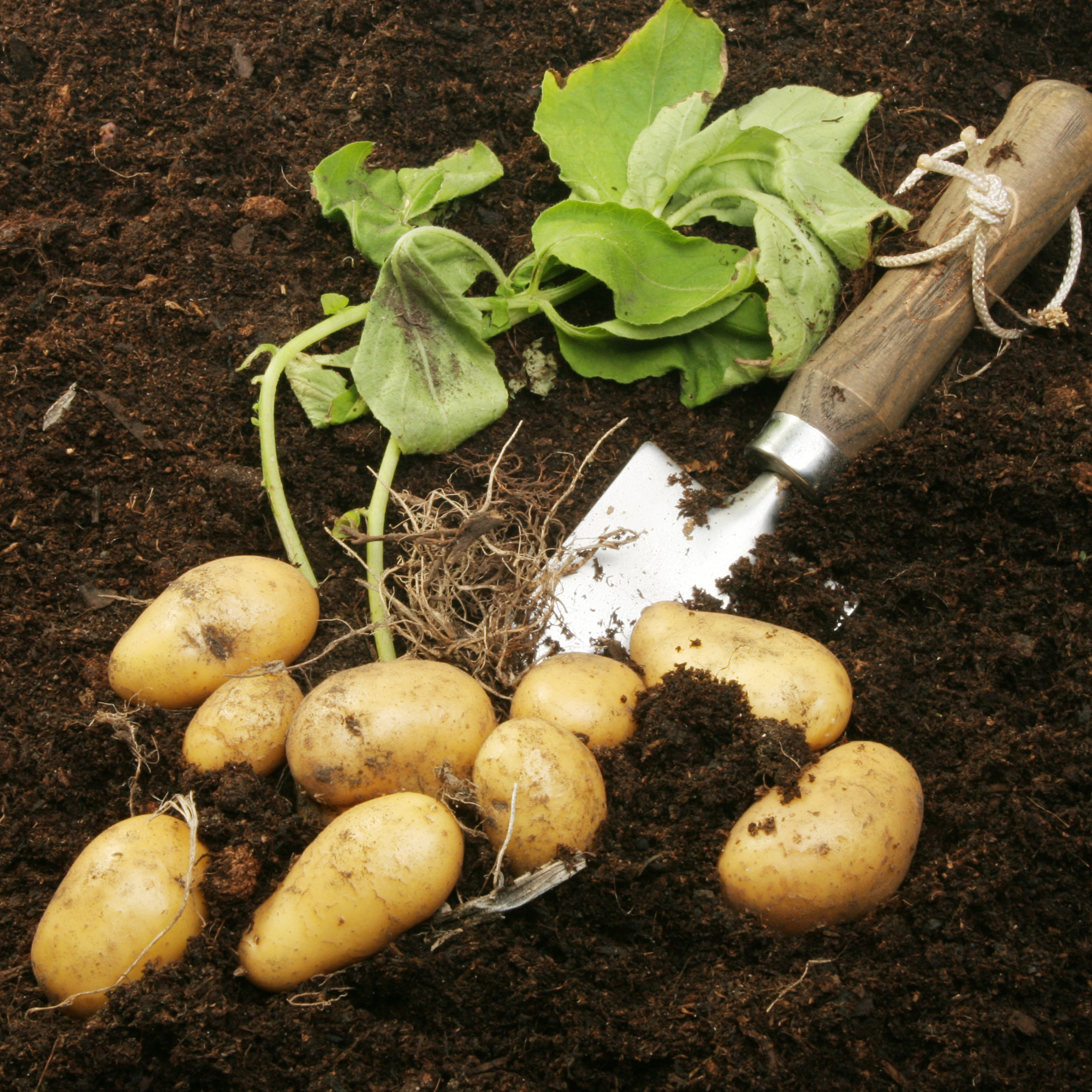
The feeling of successfully growing a plant from seed is second to none in any green thumb's gardening journey, acting as a testament to your hard work and commitment. However, the reality is that not all plants are best grown from seed. In fact, there are even a handful of plants you should avoid growing from seed altogether and are best grown from seedlings, cuttings, or bulbs.
If you're struggling with seeds germinating, there's a chance that you or external factors aren't the problem but rather the method you opted for in the first place. 'Growing from seed is not the best option for every kind of plant, and this is usually down to their demanding growing conditions or because they take a long time to grow,' explains Craig Morley, gardening expert at Budget Seeds.
For example, if you're tending to your herb garden for spring and summer, you're better off growing rosemary from cuttings rather than beginning the entire process from seed – but more on that later.
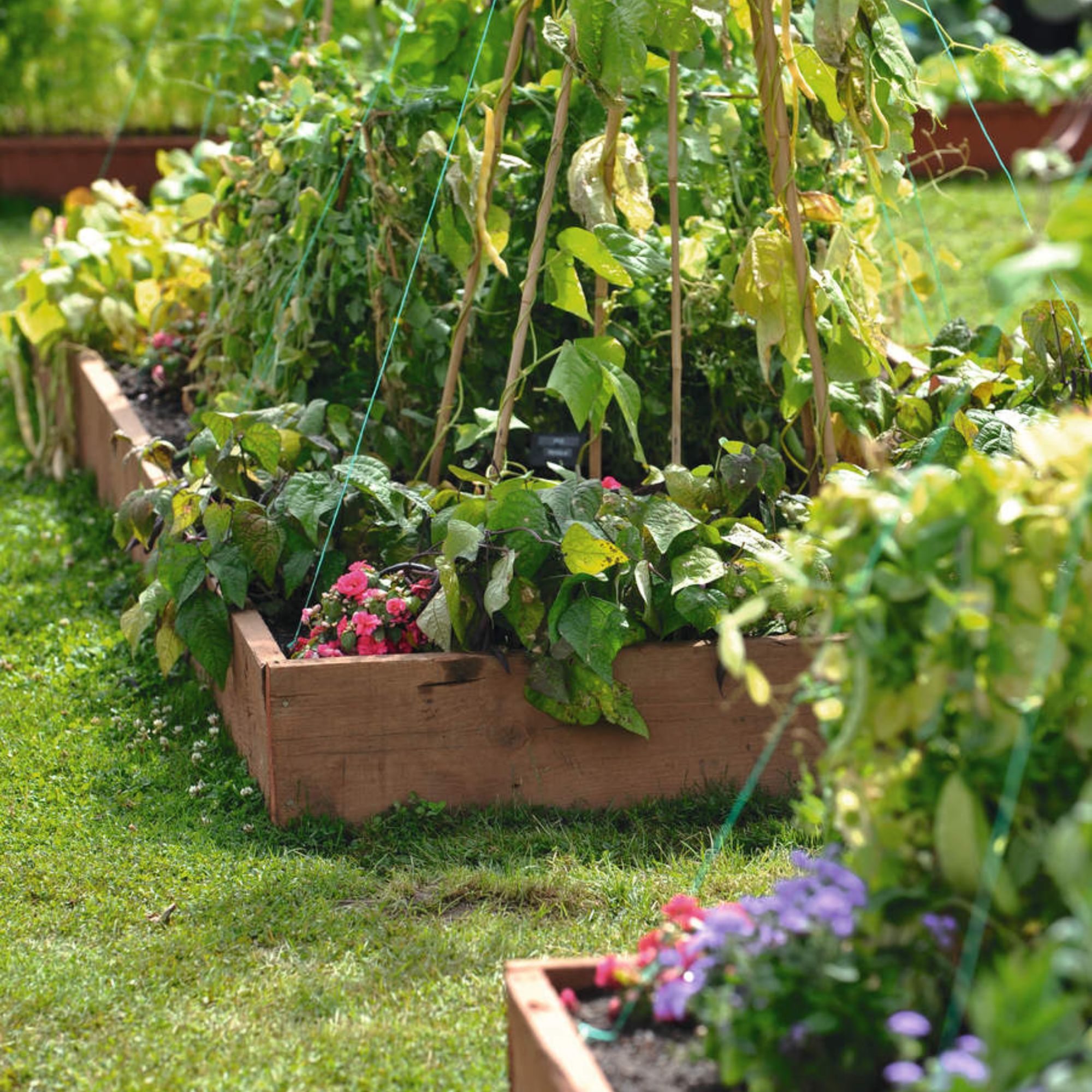
Plants you should never grow from seed
We asked gardening experts what plants they would advise against planting from seed, and these are the top ones they urge we steer clear of and instead opt for alternative ways to cultivate them in our gardens.
1. Potatoes

Starting strong, we've got potatoes. All in all, it's pretty simple to grow potatoes at home as they rank as one of the easiest vegetables to grow, so long as you're taking expert advice so you don't run into any surprises.
'Potatoes don't grow from seeds but rather from tubers or seed potatoes (like this at Suttons),' explains Petar Ivanov, Fantastic Gardeners' gardening and plant expert. 'This also applies to sweet potatoes, which are propagated from cuttings.'
So, growing sweet potatoes in the UK, for example, isn't necessarily impossible. It just takes a bit of finesse and care.
2. Onions
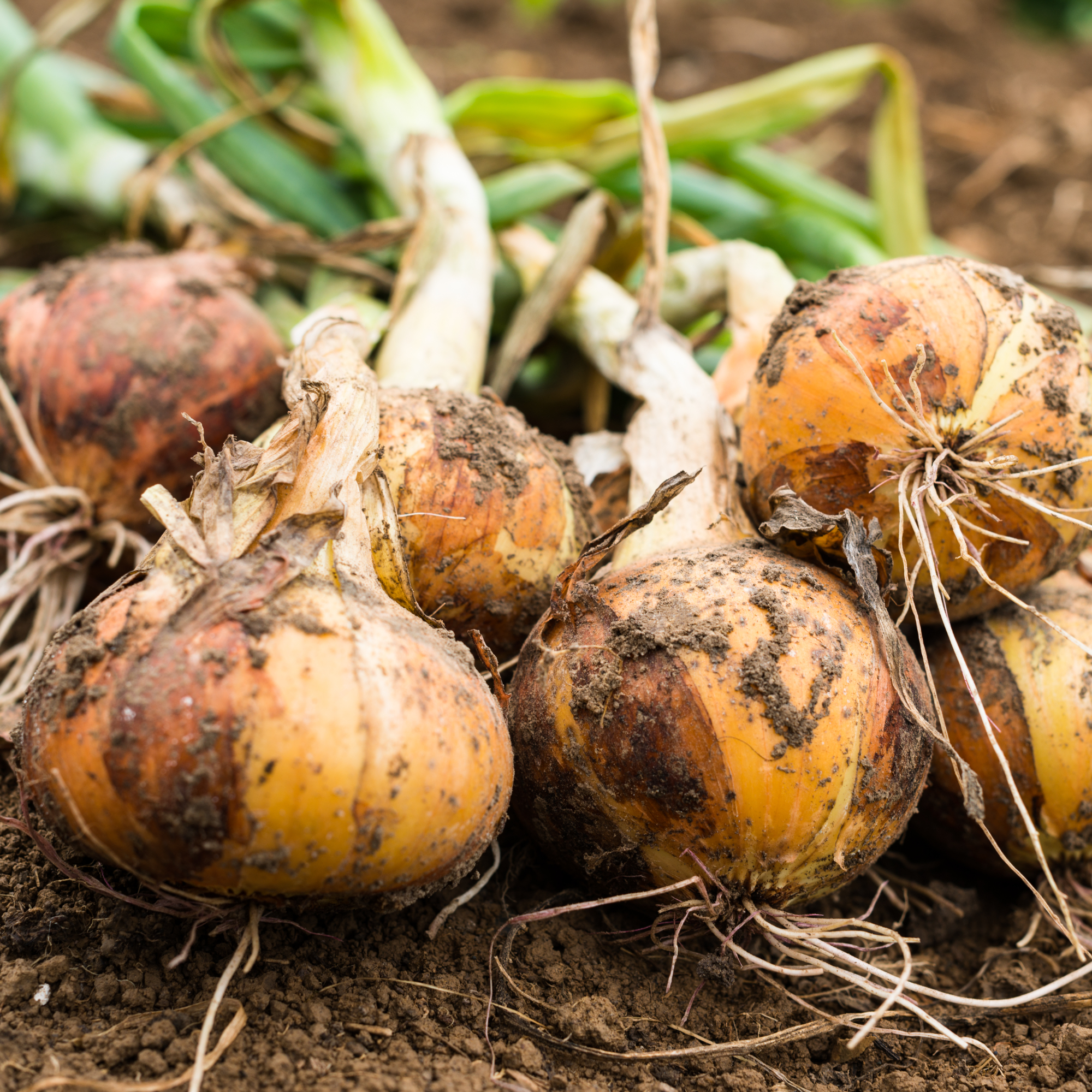
Next up are onions, which are best grown from onion sets rather than seeds.
You can grow onions from seed, but Craig assures that it is 'much quicker and easier to plant sets (immature bulbs) in your garden instead.' This is because onion sets are less prone to disease than seeds and also require less maintenance compared to onion seeds, which ultimately need more time and care to successfully thrive.
Of course, you'll still need to take care to know when plant onion sets but you'll be glad you opted for sets rather than seeds.
3. Rosemary
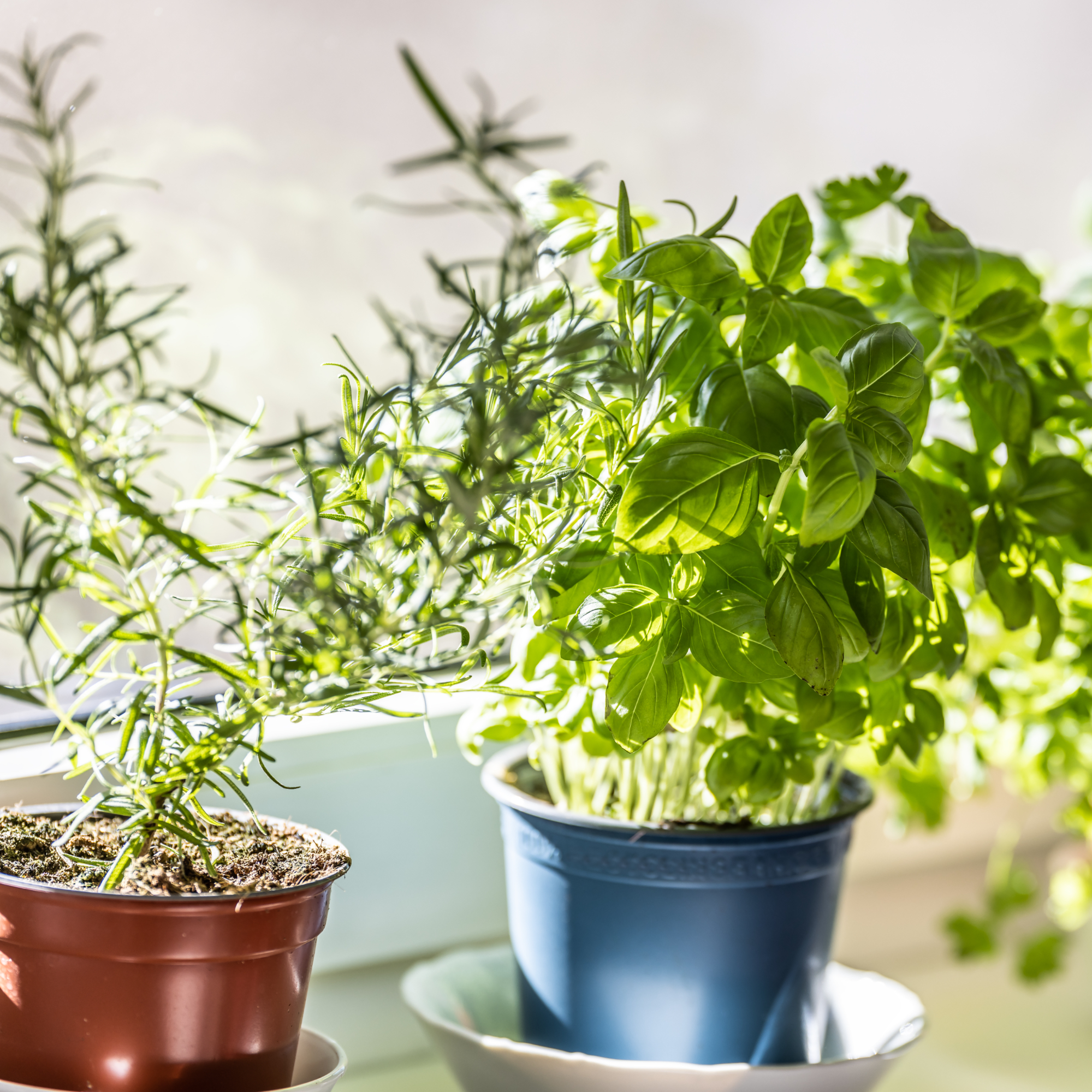
We already gave a bit of a spoiler that rosemary is one of the plants that can be grown from seed, but often thrives better when you opt for other methods of growing.
'Germination of this plant is slow and the plant will also take several years to grow big enough for you to harvest from,' explains Craig.
If you're propagating rosemary, then using those cuttings is the preferred method to avoid falling foul of this common herb garden mistake. Otherwise, growing rosemary from shop-bought also works.
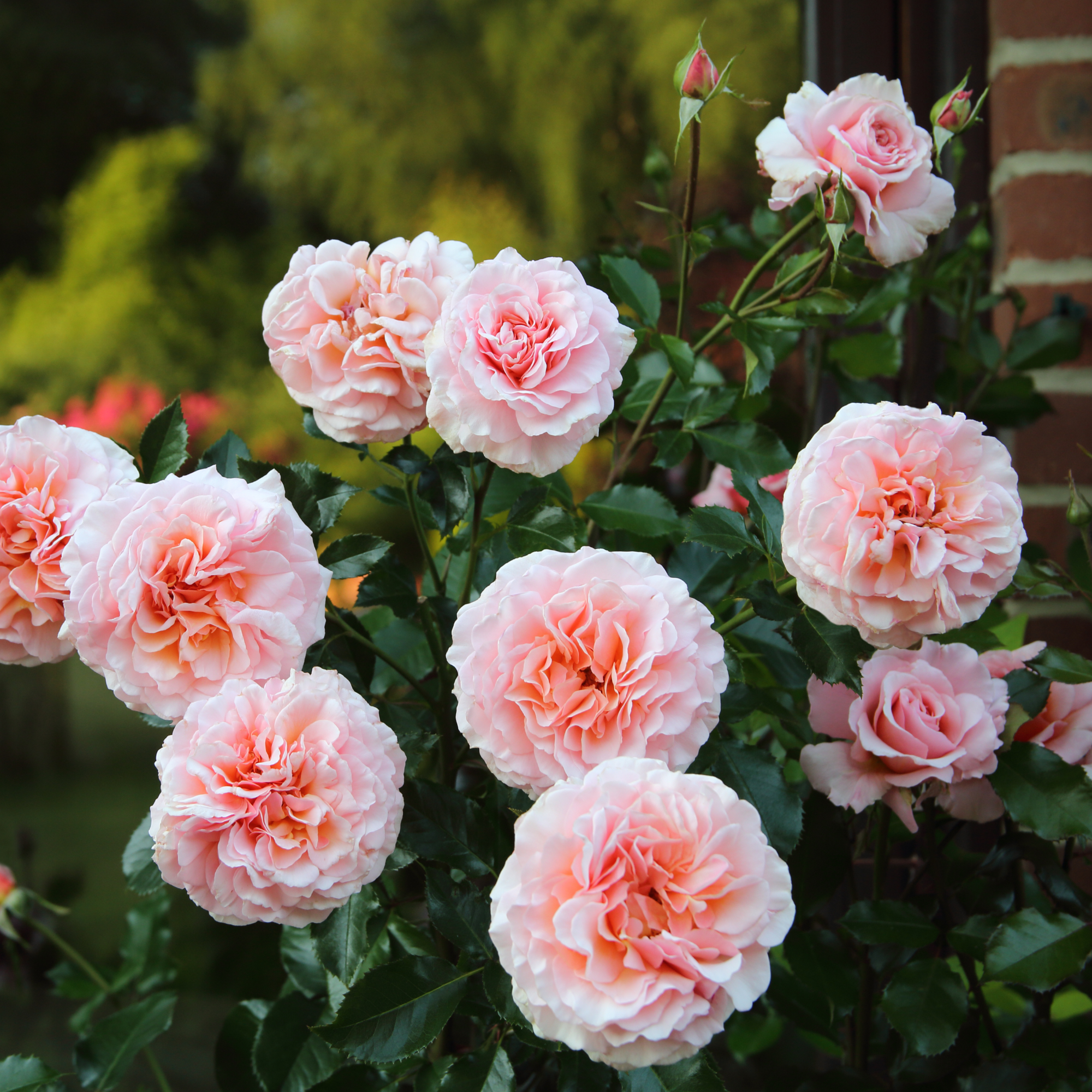
4. Roses
Did you know the secret to a beautiful flower garden is growing roses from cuttings or seedlings?
Petar explains that 'rose plants are usually grown from stem cuttings because growing them from seed is usually very challenging and the majority of seeds often don't germinate regardless of how much effort you put in.'
Gareth Mitchell, founder of Tree2mydoor adds that even if your rose bush does successfully flower, it might not even have the same characteristics as the parent plant, making it a dud in the long run.
So, don't feel down if the process of growing roses is going a little slow. It might be worth reevaluating your methods.
5. Blueberries
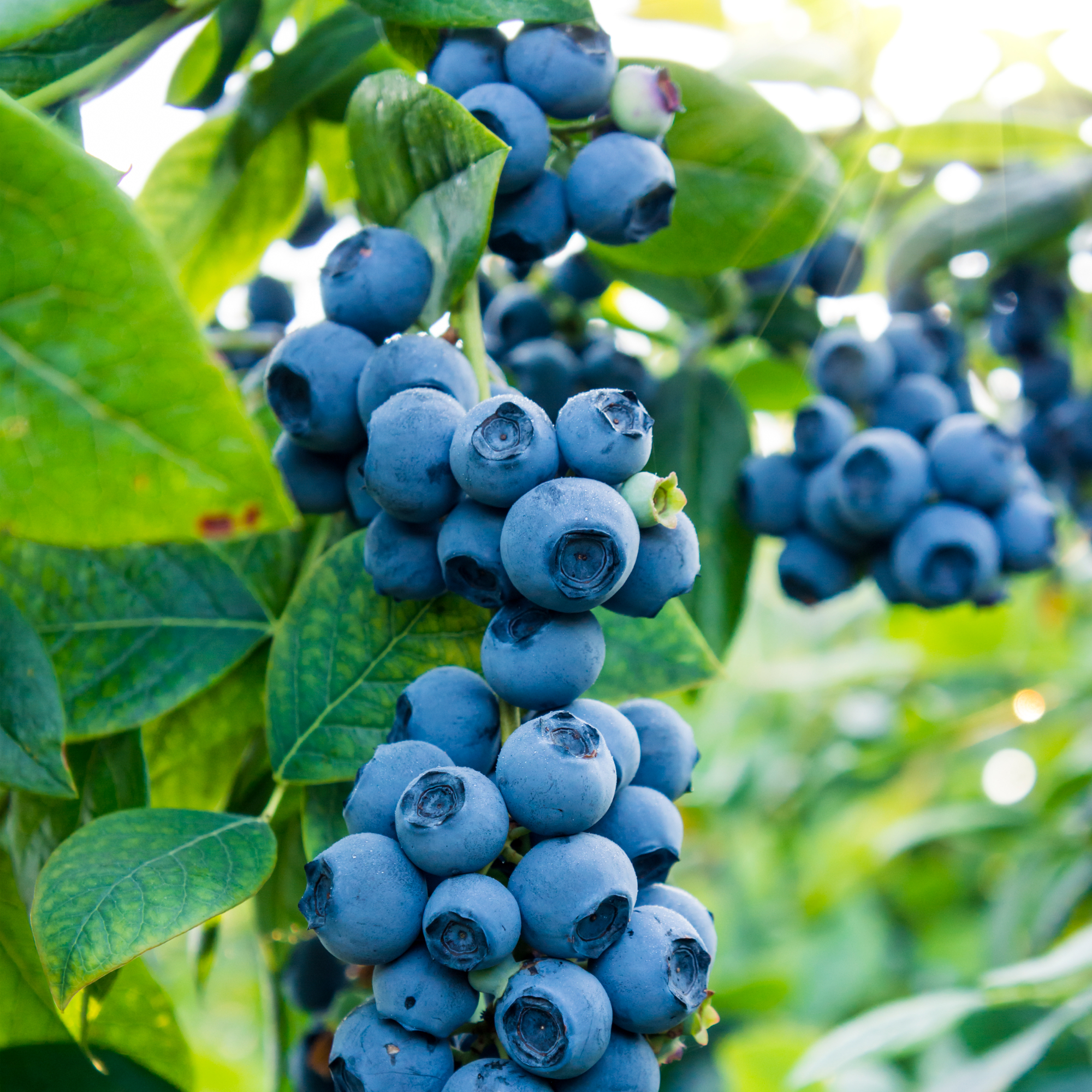
Having your own supply of delicious berries growing at home is every green thumb's ideal scenario, so it's no surprise that so many people want to learn how to grow blueberries at home. However, irrespective of whether you grow them outside or grow blueberries in pots, just avoid growing them from seed.
'While it is possible to cultivate blueberries from seed, the plants need several years to produce fruit and similar to roses, the seedlings may not be able to retain the desirable characteristics of the parent plant,' explains Phi Dang, gardening expert and head of operations at Calibre Cleaning.
That said, it's preferable to grow blueberries from bushes or cuttings, like this one at Crocus.
6. Fruit trees
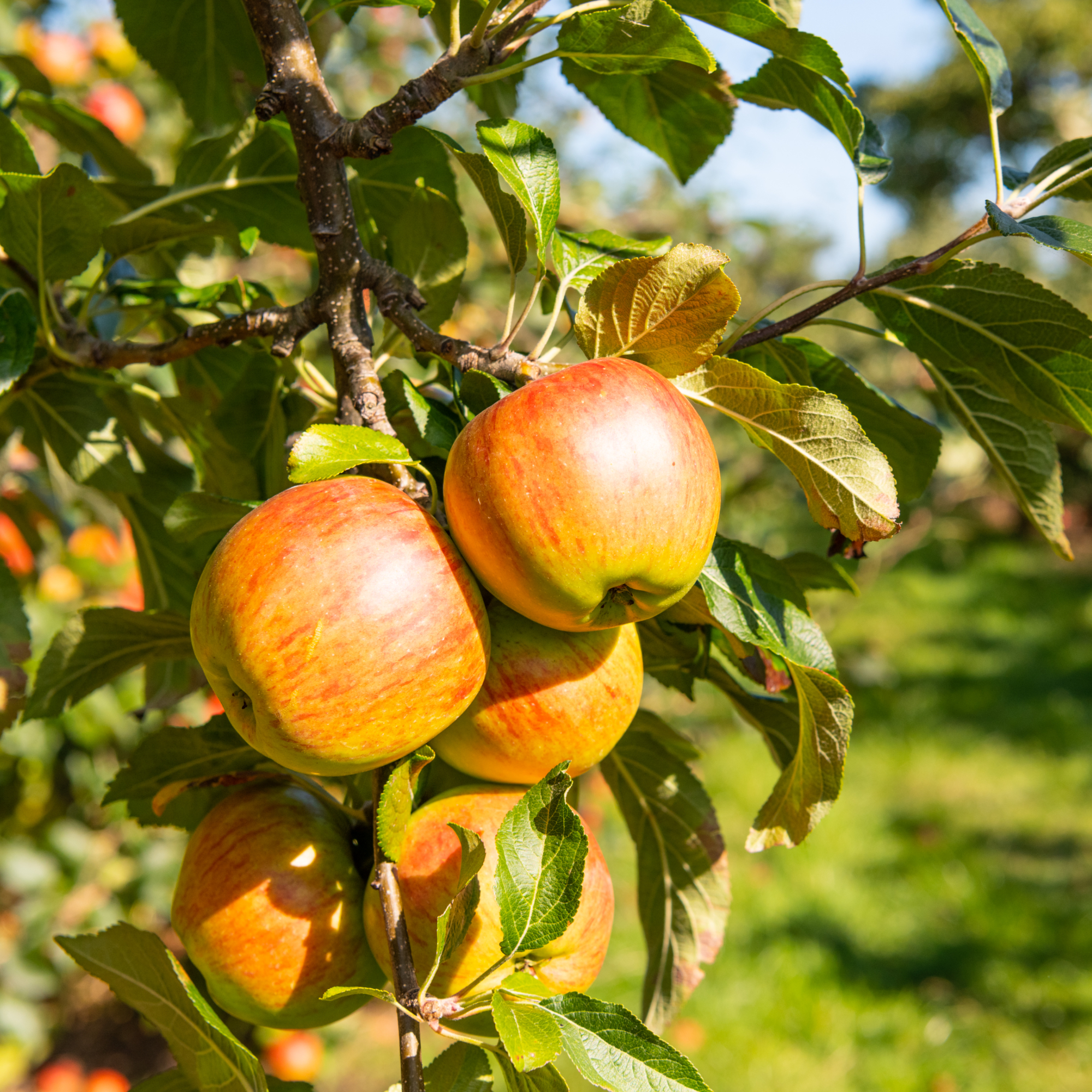
Fruit trees already take a very long time to grow, and even longer if you try to start the process from seed. 'Fruit trees germinated from the seeds can take several years to produce the fruit and it may be possible that the fruit is not of high quality,' says Phi.
Therefore, if you're interested in planting a bare-root fruit tree, you're better off starting one from nursery-grown saplings, like this at Dobies.
FAQs
Is it hard to grow plants from seeds?
It all depends on the plant you're trying to grow. Some plants are easy enough to grow from seed, such as growing cress which you can even do on just a bit of kitchen roll. However, some plants such as cauliflower can be a pretty difficult crop for beginner gardeners to grow.
Which plants do not grow from seeds?
There are a handful of plants that don't grow from seeds, including potatoes, onions, leeks, garlic, shallots, ginger, asparagus, and ferns.
Aside from the technical reasons as to why growing plants from seed might not always be the way forward, planting from the likes of seedlings also has its benefits.
'Planting seedlings offers several advantages over seeds – particularly for less confident gardeners or those strapped for time, as it's a lot easier to nurture a more mature plant than growing one from scratch,' explains Gareth.
'A good guideline to follow is to check the length of time the plant will need to grow until it flowers. If it's under 65 days, which would apply to many of the plants you'd have in your vegetable patch such as lettuce, radishes and carrots – it's worth opting for a packet of seeds. Any longer than this, seek out a good quality and healthy seedling,' he concludes.







